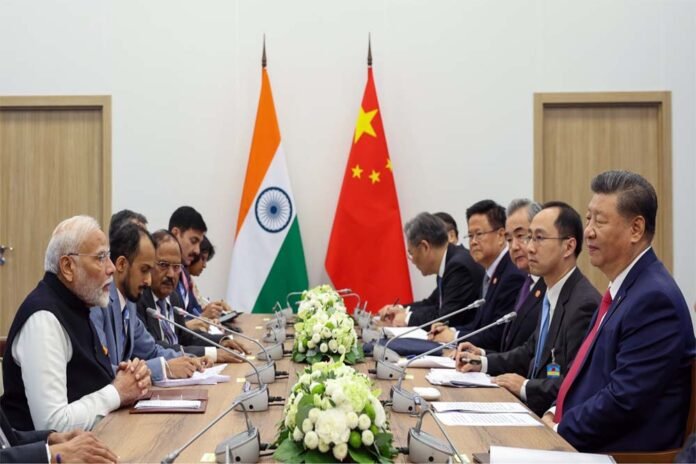The story of China’s investment in India is more mysterious. India’s trade with China is increasing. India has almost completely opened its market to China but Chinese capital is not coming to India. By law, when India has given its market to China, then China should also invest its capital in India. This question was also raised in the economic report presented before the budget this year. The question raised was that when imports from China are increasing so much, then why is foreign direct investment not coming in that proportion?
The question is whether China does not consider India worthy of investing capital? Or is the policy of the Indian government to do business with China but by stopping investment, a message should be given to its nationalist supporters that China is not being allowed to invest capital? There is some confusion in this because China’s share in India’s total imports is 15 percent but its share in foreign direct investment is only 0.1 percent. That is equal to one-tenth of one percent!
Think, many small countries of the world are investing more than China. One reason for this is that the Indian government has imposed certain conditions regarding foreign direct investment from China. Investment can come only after strict scrutiny and approval. Generally the government’s approach is to stop Chinese investment. Along with investment, there is also a lot of strictness on the visas of Chinese citizens, due to which Chinese technicians are not able to come to India. In a way, India is discouraging Chinese investment. Some time ago, Great Wall Motor Company, a Chinese company in the automobile sector, had proposed an investment of one billion dollars in India.
But it was not approved. Similarly, recently, the world’s largest electric car company BYD proposed an investment of another billion dollars. Its investment proposal also included a large battery plant with very modern technology. But this proposal also was not approved. It is noteworthy that the sales of BYD cars are more than Tesla. Similarly, Luxshare is one of the largest Chinese companies like Apple Value Chain.
It makes devices like Apple watches and AirPods. It had proposed to invest Rs 750 crore in India to become a major local supplier of Apple. The Tamil Nadu government wanted it to be approved, yet this investment proposal was rejected. These are some examples from which the government’s perspective can be understood.
There were some investments in India before 2020, in which China’s SAIC invested in India through Morris Garages. It is noteworthy that British auto company Morris Garage is now owned by Shanghai-based SAIC. But in 2023, the stake of the Chinese company in the investment made by the company in India will be reduced and in five years i.e. by 2027, the Indian company will have more stake in its manufacturing unit in Gujarat, which will become its ownership. In fact, after the Galwan Valley clash in 2020, the attitude of the Indian government changed and Chinese investment was discouraged.
Despite this, some time ago Mukesh Ambani’s Reliance Retail Ventures signed an agreement with Chinese fashion brand Shein and preparations are being made to bring it to India. According to this agreement, Shein products will be available on Reliance’s app and offline stores. It is noteworthy that the fashion brand market in India is growing rapidly and according to a report, by 2031 this market will be worth more than 50 billion dollars. Shein is one of the largest fashion companies in the world. It has customers in more than 150 countries. Sheen’s profit in 2023 is expected to be more than two billion dollars.

